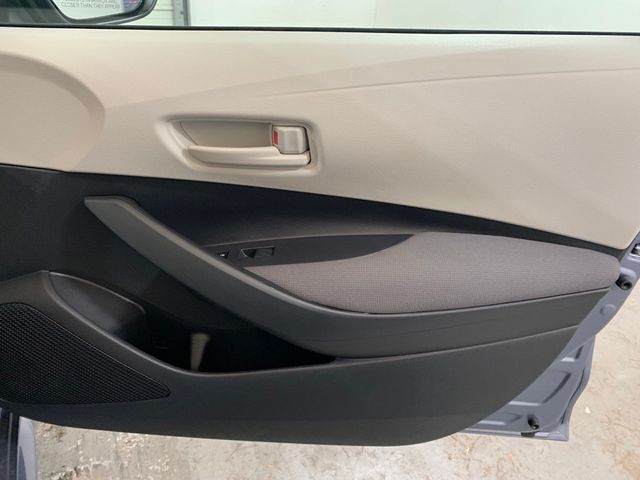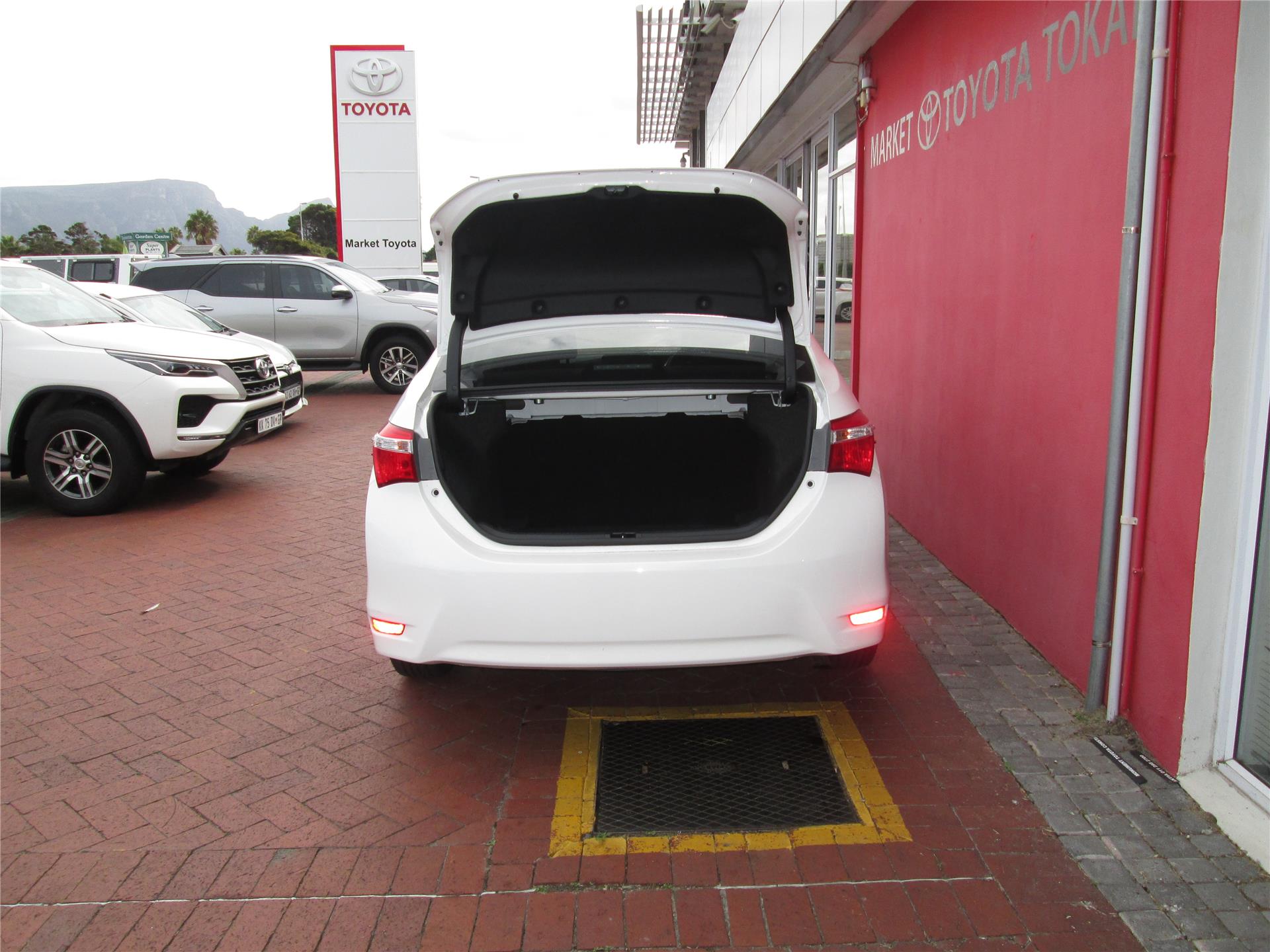

If you’re experiencing any of these symptoms, it’s best to take your vehicle for an inspection as soon as possible. Common problems include jerking or hesitating when shifting gears, difficulty accelerating, and a noticeable increase in engine noise. The Toyota Camry is a popular sedan, but it has been known to have issues with its continuously variable transmission. The warranty covers any repairs needed due to defects in material or workmanship which occur during normal use. This extended coverage is available to all owners of new Toyota vehicles that are equipped with the CVT system and applies regardless of whether or not the vehicle is sold before this mileage threshold has been reached. Toyota offers a 10-year/100,000 mile warranty on their continuously variable transmission (CVT) systems. Additionally, CVTs require specialized maintenance and repairs that may be expensive or difficult to obtain depending on the make and model of the vehicle.įinally, due to their complex design, they are usually less reliable than traditional automatic transmissions. Due to the lack of physical gears, CVT transmissions are more prone to damage from overheating or overuse, which can result in sudden and catastrophic transmission failure. The biggest problem with CVT transmission is its susceptibility to failure. What is the Biggest Problem With Cvt Transmission?

To maximize its lifespan and performance of your Toyota’s CVT transmission make sure you’re following manufacturer guidelines for fluid changes and keep an eye out for any signs of wear or damage that could lead to bigger problems down the road. However, if subjected to heavy use such as frequent hauling or stop-and-go driving in city traffic, it may need replacing at around 60,000 to 70,000 miles.

With proper maintenance, a Toyota CVT transmission can last up to 100,000 miles or more. Toyota CVT transmissions are among the most reliable and longest lasting transmissions on the market. How Long Do Toyota Cvt Transmissions Last? To maximize its life expectancy it is important to stay up to date with regular oil changes and other routine maintenance tasks recommended by Toyota for your specific model year Corolla. This number can vary depending on usage if driven aggressively or in stop-and-go traffic regularly then it may need replaced sooner than that time frame. Generally speaking, however, you can expect a CVT transmission to last around 100-150 thousand miles with proper maintenance. The lifespan of a CVT transmission in a Toyota Corolla will depend on several factors, such as how often it is serviced, the driving conditions and habits of the driver, and the age and condition of the vehicle. How Long Does a Cvt Transmission Last in a Toyota Corolla? With proper servicing and maintenance, these transmissions should provide years of trouble-free service. In general, the Corolla CVT transmission provides smooth performance and good fuel economy while remaining dependable over time. The newer Corollas feature improved design features that make them even more reliable than their predecessors. While some owners of older models have reported issues, many attribute this to poor maintenance or wear and tear due to age. The Corolla CVT transmission is generally considered to be reliable, with most owners reporting no problems. If you are experiencing any of these symptoms in your Corolla, it may be time to take it into a qualified mechanic for repair. This type of transmission can suffer from jerking, slipping or a delay in acceleration when shifting gears. The Toyota Corolla is one of the most popular cars on the road, but unfortunately, it has been known to have issues with its continuously variable transmission (CVT). Additionally, having regular maintenance checks performed on your Toyota Corolla’s CVT will help you prevent any major issues down the line as well as help increase its lifespan. When this happens, it’s important to immediately have a mechanic check out your vehicle for any signs of damage that could potentially cause further damage if left unchecked. In some cases, these problems can be due to low fluid levels or foreign objects blocking the flow of fluid within the transmission system. Other issues include difficulty shifting gears and strange noises coming from the transmission area. The most common problems include shuddering, jerking, lack of power when accelerating and a delay in acceleration when the gas pedal is pressed.

Toyota Corolla CVT transmission problems are becoming more and more common.


 0 kommentar(er)
0 kommentar(er)
